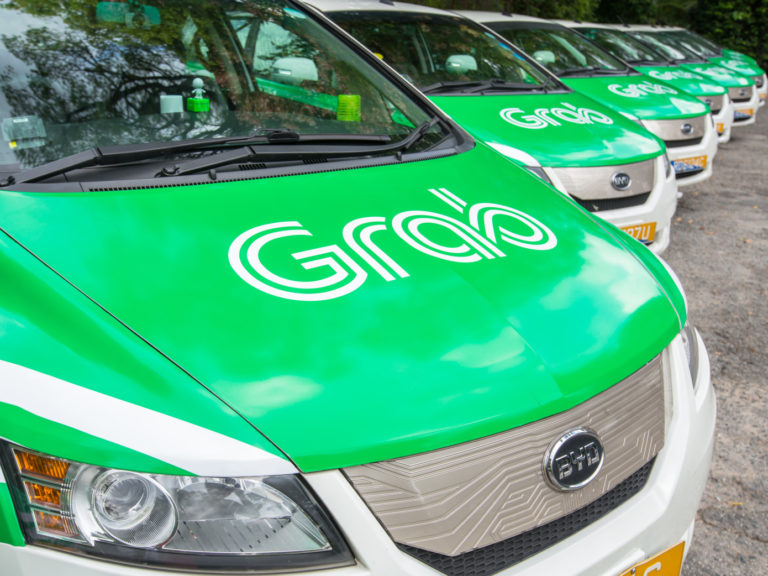

Microsoft has made a strategic investment in ride-hailing and on-demand services company Grab as part of a deal that includes collaborating on big data and AI projects.
Under the agreement, Singapore-based Grab will adopt Microsoft Azure as its preferred cloud platformAzure cloud computing service.
Microsoft and Grab didn’t disclose financial terms.
The idea behind the tie-up is for Grab to use Microsoft’s product to scale its own digital platform, which has grown beyond ride-hailing. Grab also has its own payment service and makes food deliveries.
“Our partnership with Grab opens up new opportunities to innovate in both a rapidly evolving industry and growth region,” said Peggy Johnson, executive vice president at Microsoft, said in a statement.
The companies said they’ll also work on several “innovative deep technology projects,” including new authentication measures such as facial recognition with built-in AI (for drivers and customers who opt in) to replace the old-school method of checking IDs.
The companies will also investigate uses for natural language processing, machine learning and AI in Grab’s platform such as map creation, fraud detection services and the ability for passengers to take a photo of their current location and have it translated into an actual address for the driver.
Grab and Microsoft already have a loose connection of sorts via Toyota.
Toyota, which recently made a $1 billion investment into Grab (and another $1 billion from other investors), has been working with Microsoft for a couple of years now. In 2017, Microsoft agreed to license its patents for Internet-connected cars to Toyota, a milestone deal at the time that signaled the technology company’s willingness and interest to expand its transportation-related services.
The two companies struck a deal in April 2016 to create a data analytics company called Toyota Connect focused on bringing new Internet-connected services to cars. Toyota Connect uses Microsoft Azure to capture and evaluate data and help develop new products for drivers, businesses with car fleets, and dealers.